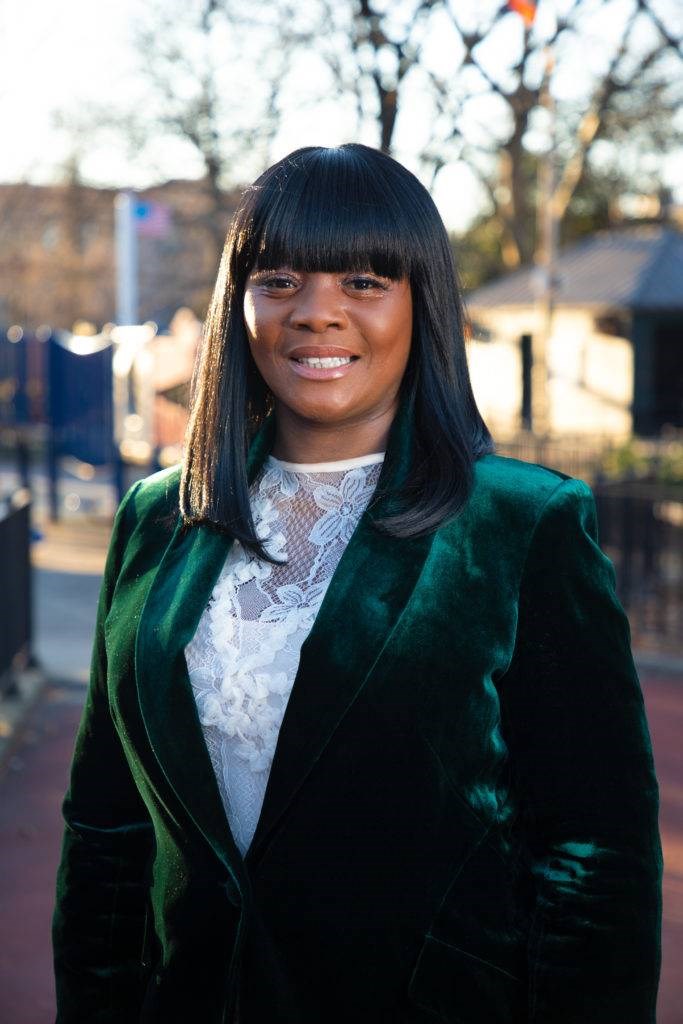By: Regina Edwards
Even before COVID-19, the state of American healthcare was woefully inadequate at best, and a near-abject failure at worst. In the midst of the deadliest pandemic in 100 years, the healthcare situation has only deteriorated further and the situation promises to get worse in light of non-compliance with social distancing guidelines as a result of the justified protests of police killings perpetrated against unarmed Black citizens. This pandemic has exposed our healthcare system as unprepared for even a relatively brief widespread crisis. One needs to only take a cursory look at the statistics for evidence of this reality:

From an insurance perspective, more than 30 million people in the country were uninsured and 87 million more were under-insured before the pandemic because they couldn't afford to pay the high deductibles and out-of-pocket costs in their plans. During this pandemic, the number of uninsured Americans has skyrocketed, as millions of our fellow citizens have lost their employer-based healthcare. In fact, the unemployment rate was recently at its worst since the Great Depression.
The health outcomes perspective is equally bleak. Before the pandemic, the country's average life expectancy was 78.9 years, placing the United States 37th in the world far behind our peers like Canada, South Korea, and other developed nations. In 2020, life expectancy promises to be even lower, as we see otherwise healthy people in their 40s, 30s, and even 20s fall victim to COVID-19.
With these grim statistics, being discouraged is understandable. However, I believe that the only place to go from here is up and that we have an ethical obligation to improve healthcare in the wake of this pandemic. This belief stems from my conviction that every American, regardless of their gender, race, income, sexual orientation, or zip code, should have access to affordable and quality health care.
Immediate, decisive action is needed. NYC should take steps to provide hazard pay for frontline workers who are selflessly risking their personal safety so that they can serve their communities. Furthermore, the city should provide reusable masks and hand sanitizer, free of charge for any requesting resident, no questions asked. Lastly, the city should work to find creative solutions for social distancing this summer, like expanded outdoor dining and street closures, to avoid a slide back toward the height of infections. Long-term, more expansive reforms are needed though. It's for this reason that I suggest the following policies that would significantly improve health outcomes for New Yorkers if adopted.
- Increased funding for free and low-cost healthcare services. Being poor should not result in worse health outcomes. However, in the wealthiest society in human history, the poorest 1% of people have average lifespans that are roughly 14 years shorter for men and 10 years shorter for women than their peers in the wealthiest 1%. This disparity is unjust and avoidable. That is why I support increased, targeted government funding for free and low-cost healthcare services within the 5 boroughs in order to maximize the number of people getting the healthcare that they deserve. Neighborhoods with the highest proportion of working-class people should be prioritized for this increased funding due to infection rates for COVID-19 hitting the service, delivery, and gig economy workers hardest. The City government should also pass legislation that would standardize free testing for any future COVID-like illnesses.
- Increased Paid Sick Leave. COVID-19 has exposed the absurdity of not having universal paid sick leave. New York City has served as a model for the entire country with its paid sick leave law. However, the current law does not go far enough, as it only allows for 5 days of paid sick leave. However, 5 days is insufficient, as viruses can be transmittable for much longer than that. Employees without sick leave are more likely to go to work when they are ill to avoid losing a day's pay or being fired. When employees suffering from viral illnesses that spread easily by person-to-person contact go to work, they pass on their illnesses to their coworkers and the public. Inevitably, this practice has huge health and economic costs as it leads to absenteeism among workers who are unable to work and lost productivity among those who work while sick. From both an economic and a public health perspective, paid sick leave is the responsible policy response to prevent sick people from infecting others.
- Stopping "Surprise Billing." Individuals with health insurance often try to lower their health care spending by choosing an in-network provider. However, situations occur when a patient believes they are choosing an in-network provider and are unaware that in reality, they are receiving care from an out-of-network provider. The result is a bill that is much larger than expected. "Surprise medical billing" could occur, for example, if you go to an in-network hospital but don't realize a specialist at that hospital is not part of your health plan. I wholeheartedly support ending this unfair practice which is why I support banning health care providers from charging patients out-of-network rates when the patient doesn't have control over which provider they see (for example, during a hospitalization).
As a healthcare professional, I've had co-workers and friends die at the hands of COVID-19. I have witnessed first-hand what happens when there is a lack of planning. Now more than ever, healthcare policy needs to be data-driven and prioritized. If I am lucky enough to be chosen as the next City Council Member for District 36, I will work each and every day to make these goals a reality.



